Digital marketing is an ever-evolving industry, and it can be overwhelming to keep up with the latest trends and techniques. That’s why it’s important to take a step back and gain an understanding of what digital marketing is and why it’s so important. Digital marketing 101 will provide an overview of all the basics, from website design, SEO, content marketing and more. You’ll learn how to adapt your marketing strategies to the ever-changing digital landscape, and how to leverage the latest tools and technologies to promote your business and reach your target audience. With the right digital marketing plan, you can reach a larger audience, increase your online presence, and drive more qualified leads. So, if you’re looking to take your business to the next level, start by learning the fundamentals of digital marketing.
Benefits of Digital Marketing
Digital marketing allows you to reach a large audience at virtually no cost. Plus, you can measure results and make adjustments as needed, which makes it the most scalable and measurable form of marketing. Digital marketing also allows you to reach your target demographic (e.g. millennials, Gen X, Gen Y, etc.) where they are. This strategy allows you to reach people where they spend the most time: online. Digital marketing also helps build your brand and develop your company’s online reputation. With the help of a digital marketing strategy, you can increase website traffic and conversions, which leads to more leads and sales for your business. Digital marketing is also an essential part of your company’s growth strategy. It plays a key role in increasing sales and leads, expanding your customer base, and improving your brand’s reputation. In fact, 89% of marketers report that digital marketing has had a positive impact on their business. However, to make the most of it, you’ll need a well-thought-out digital marketing strategy. This includes deciding which digital marketing tactics to use, and what tools will help you reach your goals. By reading through this guide, you’ll understand the basics of digital marketing, and how to use it to grow your business.
Digital Marketing Strategies
Digital marketing strategies vary, depending on your business goals, audience, and business model. However, these strategies should be implemented across all marketing channels, including your website, social media, email marketing, PPC, and content marketing. With the right digital marketing strategy, you can increase website traffic, leads, and sales for your business. You can also improve your company’s online presence, brand awareness, revenue, and profits. Digital marketing strategies include: Website Design & Optimization – Every business must have a website. A website can be your most important marketing tool, but only if it’s optimized for the right audience. Website design and optimization are two of the most important digital marketing strategies you should use. Website Design – The design of your website is important, especially when it comes to user experience (UX). It should be designed in a way that’s easy for your audience to navigate, and be visually appealing. Website Design Tools You can either choose to outsource the work to a design team or use website builder software to design your website from scratch. For the best results, you can hire a designer to create a custom website design for your business. Website Optimization – After designing your website, you’ll also need to optimize it for the right audience. This includes optimizing your website for search engines, so you can drive more organic traffic to your site. Website Optimization Tools To optimize your website, use on-page and off-page SEO strategies. On-page optimization includes optimizing your website’s content and URL, and using internal linking and meta descriptions. Off-page optimization includes creating an accurate, high-quality, and informative business description, contacting your local business directory, and getting involved with industry-related forums.
Search Engine Optimization (SEO)
Search engine optimization (SEO) is one of the most important digital marketing strategies you can use. It helps you increase your website’s traffic, leads, and sales by lowering your bounce rate and increasing your conversion rate. SEO also plays an important role in your website’s ranking on search engine listings. There are many SEO tools and strategies you can use to improve your website’s SEO ranking, such as keyword research, on-page optimization, and link building. These SEO tools will help you create a high-quality website that Google wants to feature in its search results. This is where the SEO process begins. You must ensure that your website is optimized and ready to be crawled by Google, as well as other popular search engines, like Bing, Yahoo, and others. You can do this by using the right SEO tools and optimizing your website’s on-page factors, like URL, content, and links.
Content Marketing
The creation of high-quality content is a must for every business. It plays a key role in brand awareness, leads, and sales, and is a critical part of any digital marketing strategy. You can use your blog posts, eBooks, videos, and other types of content to inform, educate, and inspire your target audience. This content can be shared on social media or another relevant online platform, where it can be seen by your target audience. You can also use guest blogging to increase your content marketing efforts. Guest blogging is when you contribute content to another website, linking back to your own blog or company website. This is an effective way to build links to your website and increase your brand’s exposure.
Pay-Per-Click (PPC) Advertising
PPC advertising is one of the most common digital marketing strategies you’ll come across. It allows you to promote your business by paying per click on your advertisements. These paid advertisements appear at the top or side of search engine results, next to social media posts, and on other relevant websites. The ads will include a link to your website, as well as a short description about your business. You can use PPC ads for many things, including lead generation and brand awareness. PPC advertising tools include Google AdWords, Facebook Ads, and others. You can also use ad extensions to get more bang for your buck. However, PPC advertising is a very competitive industry, so you must be ready to put in the effort to succeed. You’ll need to create a plan, select the best keywords, and write compelling ads to stay ahead of the competition. This PPC guide will help you improve your PPC ads, and walk you through the process of creating an effective PPC strategy. With the right PPC strategy, you can increase website traffic and leads, and improve your brand’s exposure.
Social Media Marketing
Social media marketing is another digital marketing strategy that many businesses use. It allows you to increase your brand awareness, expand your reach, and drive leads and sales from your social media accounts, like Facebook, Twitter, and Instagram. Social media marketing tools include creating and scheduling posts, engaging with your audience, and generating leads from your social media accounts. Creating and scheduling posts – You must create engaging posts that your audience will find useful, and that will increase your brand’s awareness. You can also schedule your posts to go live at the right times. Engaging with your audience – Once you’ve created your posts, you should engage with your audience by creating conversations around your posts. This will allow you to initiate communication with your followers and provide them with value. Generating leads from your social media accounts – Whenever you engage with the people in your audience, you’re building trust and credibility. This is especially important when someone is ready to buy your product, and you can make the sale.
Email Marketing
Email Marketing is another critical digital marketing strategy you can use. It allows you to reach your audience directly through their inboxes. Email marketing is also one of the most cost-effective ways to grow your business. It allows you to create custom email content for your subscribers, and sends it directly to their inboxes. You can use email marketing to send product and service updates, inform your audience about new blog posts, and more. You can also use email marketing automation to send personalized content based on subscriber behavior. This makes it easier to scale your email marketing efforts. You can use email marketing tools, like MailChimp and HubSpot, to design and send your emails. These tools make it easy to create engaging content, send targeted emails, and measure the impact of your campaigns.






